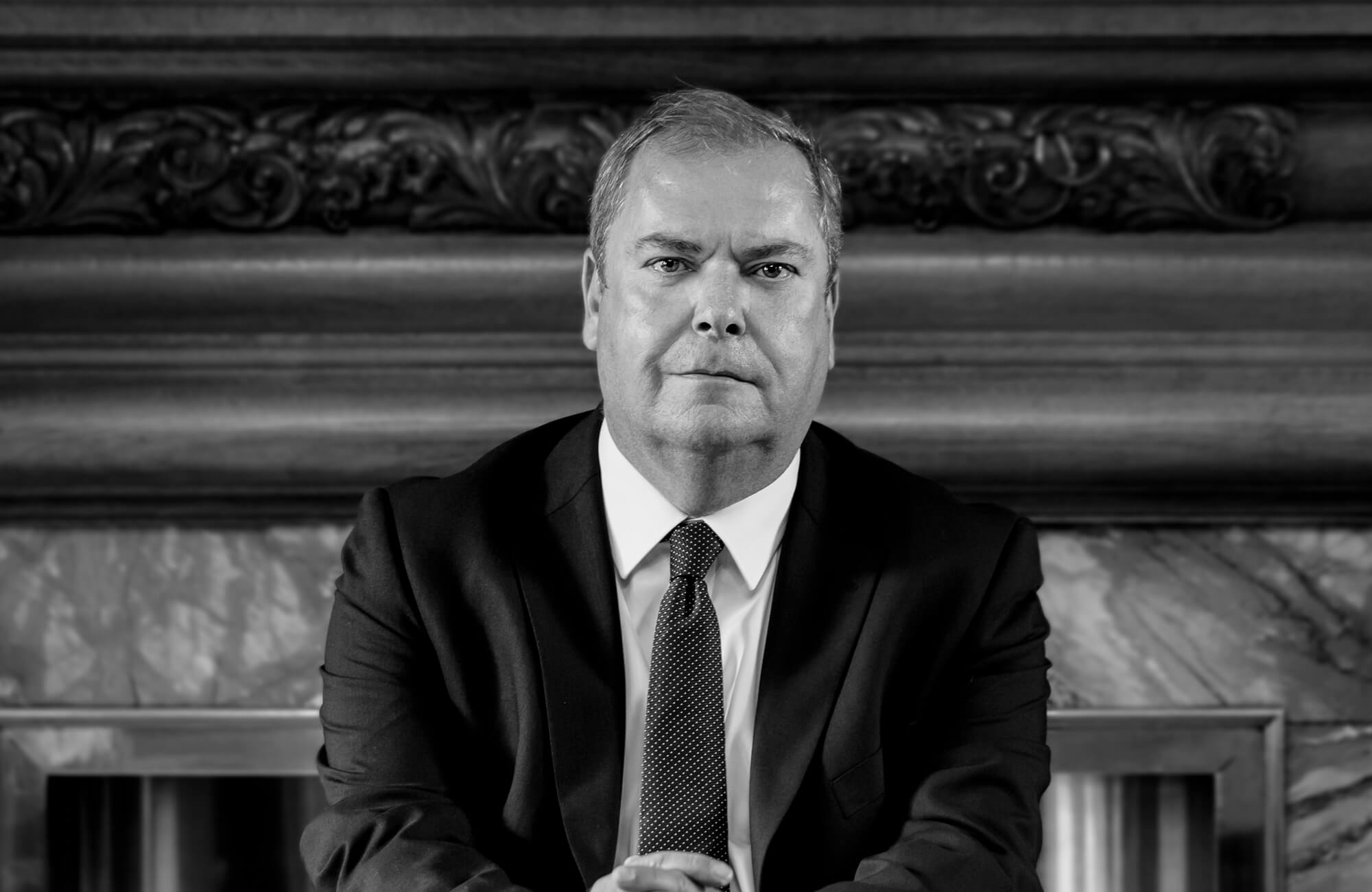The case of Boyle Transport (Northern Ireland) Limited v R [2016] EWCA Crim 19 sets out some guidance when determining whether to pierce the corporate veil under the Proceeds of Crime Act 2002 (POCA). The Court of Appeal rejected an unprincipled and broad brush approach and listed some non-exhaustive factors to be considered.
1. The exercise is not simply, ‘an issue of justice’.
2. The judge needs to consider, ‘the reality of the matter’.
3. POCA 2002 is not aimed at punishment.
4. The Supreme Court case of Prest confirms that piercing the corporate veil should be dealt with uniformly in both civil and criminal cases.
5. The nature and extent of the criminality involves distinguishing between goods and services provided by way of a lawful contract, but tainted by associated illegality such as overcharging or bribery and cases where the entire undertaking is unlawful from the outset.
6. The fact that a company is solely owned and controlled by a criminal defendant does not necessarily mean that he is the alter ego of the company whose turnover should be equated to that of the defendant himself.
7. Each case must be decided on its own facts.
The Prest decision breaks down cases which fall within the concealment principle and the evasion principle. The concealment principle does not usually involve piercing the corporate veil at all. The Court merely looks behind the company façade to see what it is concealing.
The evasion principle is different, in that case the court can pierce the corporate veil when a company has been interposed to seek to defeat or frustrate enforcement.
The case of Boyle Transport (Northern Ireland) Limited v R [2016] EWCA Crim 19 sets out some guidance when determining whether to pierce the corporate veil under the Proceeds of Crime Act 2002 (POCA). The Court of Appeal rejected an unprincipled and broad brush approach and listed some non-exhaustive factors to be considered.
1. The exercise is not simply, ‘an issue of justice’.
2. The judge needs to consider, ‘the reality of the matter’.
3. POCA 2002 is not aimed at punishment.
4. The Supreme Court case of Prest confirms that piercing the corporate veil should be dealt with uniformly in both civil and criminal cases.
5. The nature and extent of the criminality involves distinguishing between goods and services provided by way of a lawful contract, but tainted by associated illegality such as overcharging or bribery and cases where the entire undertaking is unlawful from the outset.
6. The fact that a company is solely owned and controlled by a criminal defendant does not necessarily mean that he is the alter ego of the company whose turnover should be equated to that of the defendant himself.
7. Each case must be decided on its own facts.
The Prest decision breaks down cases which fall within the concealment principle and the evasion principle. The concealment principle does not usually involve piercing the corporate veil at all. The Court merely looks behind the company façade to see what it is concealing.
The evasion principle is different, in that case the court can pierce the corporate veil when a company has been interposed to seek to defeat or frustrate enforcement.

